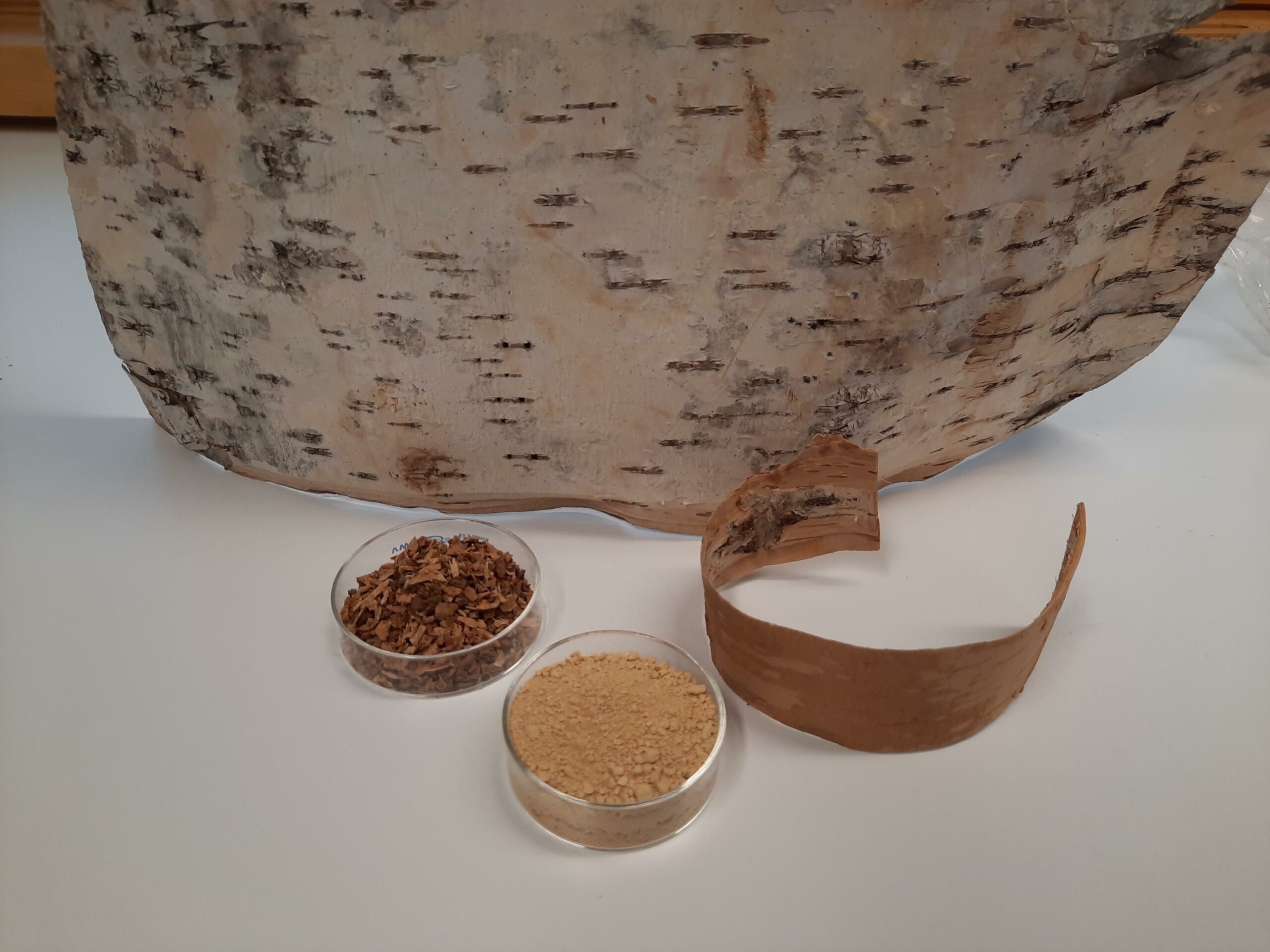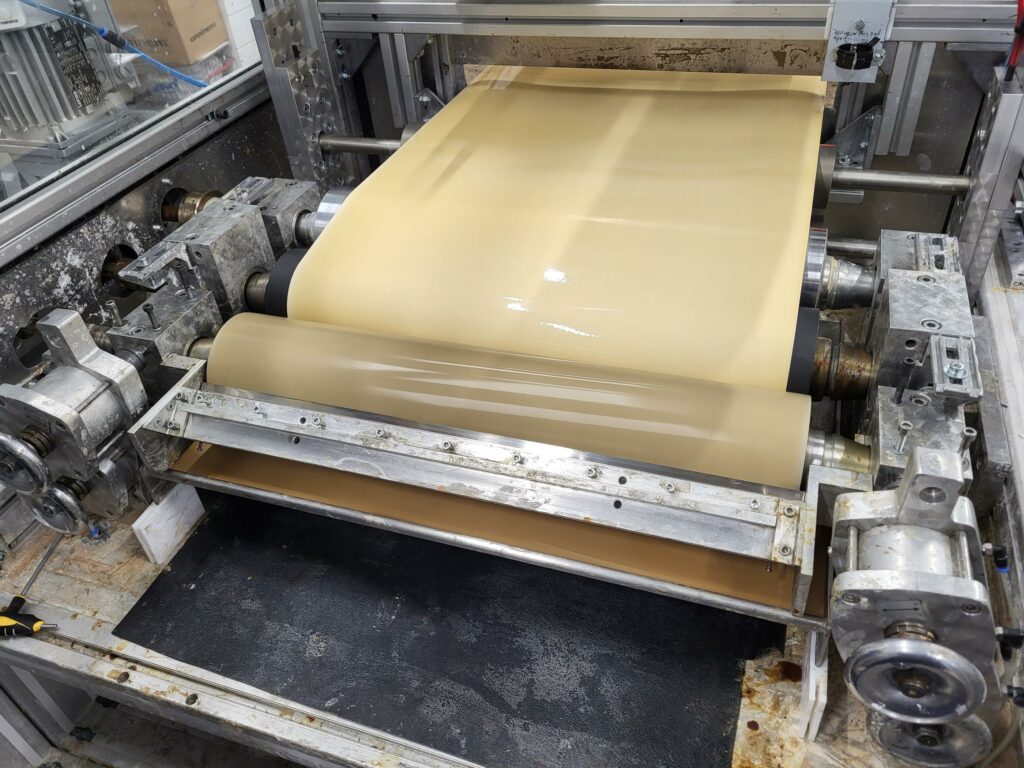
COCOBIN project seeks to advance the commercialisation of novel bio-based coatings and adhesives
ProjectsLed by the University of Oulu, a consortium of Finnish research organisations has launched a two-year COCOBIN project together with different companies, creating a strong link for Metsä Group and ExpandFibre to the initiative. Together, the project partners aim to develop bio-based coating dispersions, binders and adhesives for fibre-based packaging, nonwovens and abrasive materials. The project, partly funded by Business Finland, has a total budget of €8.7 million and involves 15 different organizations. We talked to Professor Henrikki Liimatainen from University of Oulu about this interesting research project that has just kicked off.
Professor Henrikki Liimatainen leads the Fibre and Particle Engineering research unit at the University of Oulu. His unit focuses on sustainable inorganic and bio-based materials for the numerous applications of circular and bio-based economies, coordinating for example research related to the analysis and processing of inorganic side streams and lignocellulosic nanomaterials.
Henrikki sees the research work on lignocellulosic materials at the University of Oulu very important for supporting the fibre-based industrial ecosystem. The ecosystem is continuously developing in Northern Finland in particular, led by sizeable industrial investments in Kemi and Oulu, for example, driven by large companies such as Metsä Group and Stora Enso. Other interesting local actors include, for example, Brightplus and Chempolis, as mentioned by Henrikki.
According to Henrikki, the outcomes of the Business Finland funded SUSBINCO project (Sustainable binders and coatings), which was led by Åbo Akademi and ended in July 2024, inspired the newly launched COCOBIN project (Coating and Converting of Novel Bio-based Dispersion)to continue and deepen the research and development of the most promising bio-based dispersion formulations identified earlier. With University of Oulu stepping into the coordinator’s seat this time, a group of researchers and company representatives are now having an even closer look at selected bio-based multi-component materials to improve their recyclability, reduce waste and improve their overall carbon footprint, eventually hoping to bring the researched novel materials one step closer towards their commercialisation.

In photo: Suberin-coated cardboard (photo by Rajesh Koppolu, VTT).
The project aims to explore and pilot the use of various natural waxes and polyesters alongside cellulose and hemicellulose materials for fibre-based packaging, textile coatings and various adhesives. The focus is on the performance and properties of bio-based dispersions and adhesives, as well as on challenges related to the availability and cost of raw materials, which still very much limit the widespread use of bio-based functional materials across multiple industries.
The project also seeks to evaluate the lifecycles and environmental impacts of the selected new materials. Henrikki mentions suberin as one of the interesting bio-based materials accessible via forest industry’s side streams. Derived from birch bark, the chemical characteristics, including hydrophobicity, and film forming attributes, make suberin a promising raw material for more sustainable bio-based coatings and barrier materials, thus replacing crude-oil based fossil solutions still widely used globally.
Regarding his expectations on the project outcomes, Henrikki visions concrete and techno-economically feasible demonstration materials using widely available bio-based materials that can be starting point towards high volume industrial applications. He says: “I hope to see as advanced research work as possible so that the end users can process the research outcomes into actual commercial applications. All promising outcomes would need to be backed up by standardized lifecycle assessments verifying the overall positive environmental sustainability of the researched materials. This will involve, for example, exposure and toxicity testing for all formulations.”
The COCOBIN project includes corporate partners KCL, Metsä Board, Mirka, UPM, Valmet, Kemira, CH-Polymers, and CH-Bioforce, who are developing industrial processes and applications for the newly explored bio-based materials in collaboration with the University of Oulu, Tampere University, University of Eastern Finland, LUT University, VTT, Natural Resources Institute Finland (LUKE), and Åbo Akademi. The companies represent the entire value chain from bio-based raw material suppliers to packaging paper and cardboard manufacturers, chemical, polymer dispersion, and binder, adhesive, and abrasive product manufacturers, as well as process technology and machinery suppliers.
The COCOBIN project was kicked off earlier in October, for the most part bringing together the same players as in the previous SUSBINCO project, thus highlighting the continuation effect of the work. This ensures smooth collaboration as the way of working is already familiar to most participants. More importantly, accessing the required raw materials from the industry will not be an issue as the connections have already been successfully formed during previous collaboration.
Main photo shows the outer birch bark of suberin (photo by Pekka Saranpää, LUKE)